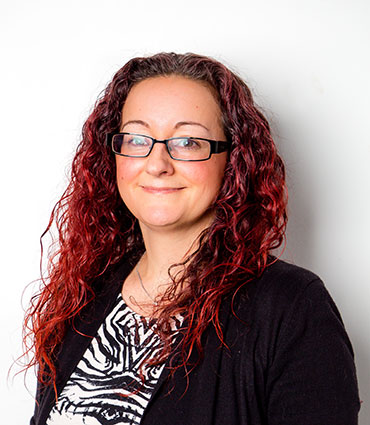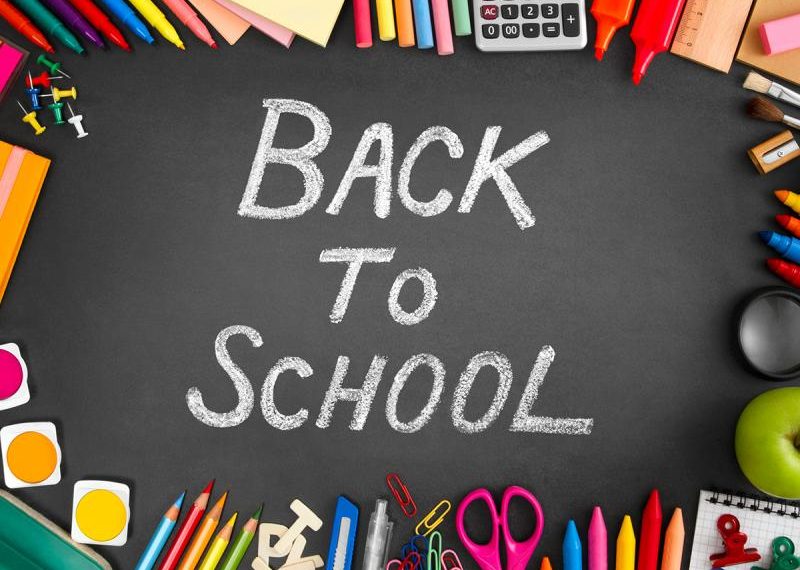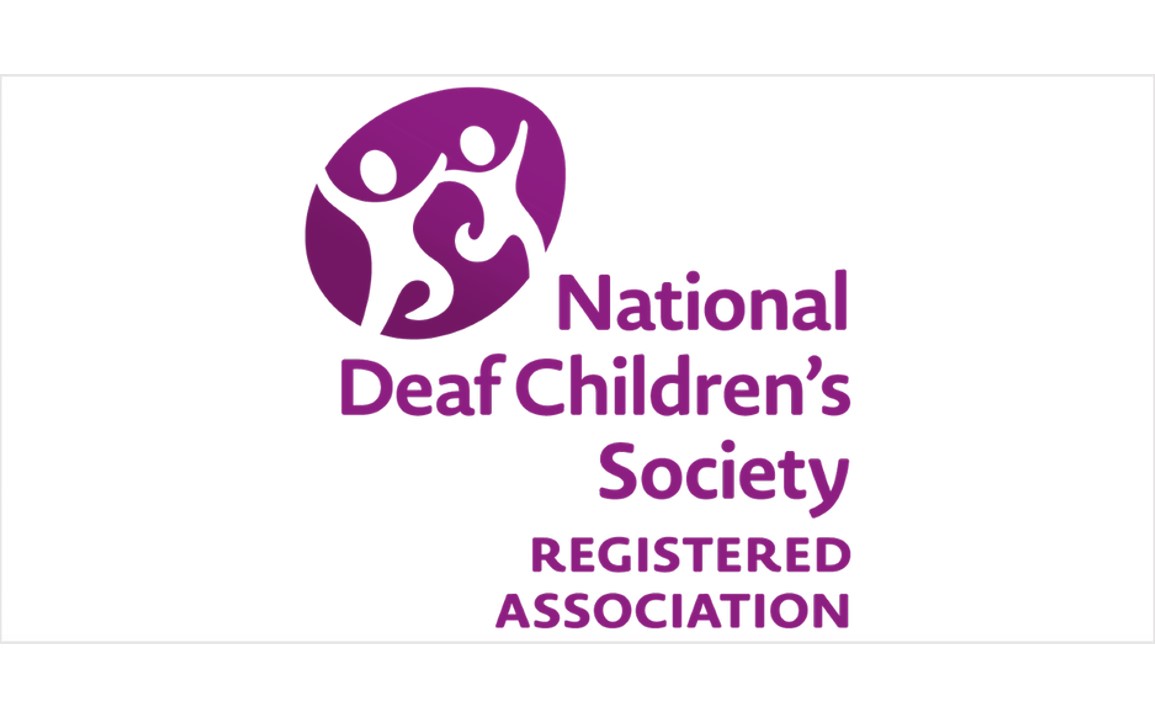The Government’s aim is for all children and young people to return to full-time education from September.
For many, going back to school will feel like a positive thing – they will be excited to see friends and relieved to be returning to a more normal routine. But even in normal circumstances, children and young people can feel anxious about making the move to a new class, school, or stage of their education.
It is likely that many more may experience similar feelings given the disruption and uncertainty caused by the coronavirus e.g. social distancing, isolation, family members being unwell, and adapting to new ways of doing things as we ease out of lockdown.
Supporting children and young people to experience a successful transition back to school is essential because of the impact it can have on their self-esteem, emotional well-being, and academic outcomes.
Supporting children and young people returning to school
Whilst the current circumstances are unlike anything we’ve seen before, schools are skilled in managing transitions and are working hard to apply the same key principles to the current situation.
In practice, this means:
- Planning and preparation – sourcing and sharing information
- Clear communication – with parents, carers, pupils and staff
- Consideration of relationships – with teachers, support workers & other children
All schools and teachers recognise how important it is that:
- Adults, children and young people feel safe
- Emotions (positive and negative) are recognised and explored
- People are supported to be and feel calm and stay focused on the here and now
- Everyone is listened to with empathy, genuine warmth and without judgement
- Children feel they have some control over what is happening to them
- Adults, children and young people have strong social support and feel a sense of belonging
- There are opportunities for people of all ages to play and be playful
- Children and young people recognise that their abilities and knowledge are not fixed and with effort, experience and support they can succeed
- People feel hopeful that things will get better and reassured that the future can be positive
- Everyone is encouraged to tap into their personal strengths and the support of others to boost their individual resilience.

For more on resilience see the Lollipop blog:
https://www.lollipopyork.org.uk/building-resilience-in-times-of-uncertainty/
What will happen when your child returns
To limit the spread of coronavirus and keep children and teachers safe, some changes can be expected when they return to school e.g.
- Regular hand washing and rules around social distancing
- Reduced class sizes with some groups led by a teaching assistant, working under the supervision of a teacher
- Limited mixing of groups within the school (with possible exemptions for children who need to access specialist teaching)
- New classroom layouts
- Staggered break times, drop-off and pick-up times
- Teachers/teaching assistants not returning to school if they are pregnant or have medical conditions which mean they are more vulnerable to coronavirus.
In England, the use of face masks in education settings has not been recommended and current guidance states that Teachers of the Deaf can continue to visit schools. However, there may be new hygiene restrictions around handling or sharing of equipment and devices, such as radio aids. Your Teacher of the Deaf may already have spoken to the school about safe use of hearing equipment and taken in cleaning materials and instructions on safe handling.

Click below to read the NDCS blog on face mask wearing:
If your child receives specialist support in the classroom there are likely to be changes to how this is provided.
If you have any questions or concerns about how this will work in practice, you should speak to your child’s teacher, the person responsible for special or additional needs at the school, and your child’s Teacher of the Deaf.
Even if your child falls into the category of those who can return to school, they should not attend if:
- They are displaying symptoms of coronavirus.
- They have a medical condition which means they’ve been asked to ‘shield’ from others.
If you are concerned that your child should not be attending school for health reasons, you should seek medical advice and discuss your concerns with the school, having confirmed what their plans are for re-opening.
Moving on from school or college
If your child has left school/college this summer, you should not postpone making preparations for them moving on to what they want to do next – whether that is college, university or work-based training.
The information in this article is correct at the time of writing. For the latest updates please check the NDCS blog which is updated regularly in line with government guidance.
Back to school resources
Partnership for Children: Going back to school and starting at a new school (click on the images below to access the resources)


National Deaf Children’s Society (NDCS)
Coronavirus has changed lots of things in terms of support for deaf children. The NDCS blogs provide more information on these changes and how they might impact upon your child. They are being updated regularly in light of any changes to government advice so please check back for the latest updates.
- Schools and other education settings
- Support for home learning
- Moving on from school or college
- Exams
- Education, Health and Care plans and Statements of SEN
- Education and learning
‘Education and Learning’ includes general resources and guidance to help you support your deaf child’s education, learning and choices from the early years through to their teens, including childcare options and choosing a deaf-friendly school.
City of York Council Educational Psychology Service




Blog author: Abigail Harvey
Mentor Supervisor for Lollipop




